As you probably know, the Netflix series “Cobra Kai” shows us where the kids from “The Karate Kid” are now, and it’s hugely popular — which means that someone had to find fault with it, and that fault is its problematic whiteness. This take was served up in the Los Angeles Times by writer Jen Yamato earlier this month.
Cobra Kai’s “whiteness” is problematic, gang. We’re all having too much fun watching it, apparently, so the Wokescolds must intervene. pic.twitter.com/KWgfH0Rk8R
— Guy Benson (@guypbenson) January 29, 2021
A number of critics have taken notice of the series’ whiteness as well: Salon culture senior editor Hanh Nguyen, who has been critical of the series in the past, told The Times that “the only main character of color who has any sort of interiority is Miguel.” “Danny LaRusso, Italian kid from Jersey,” as Vanity Fair’s Sonia Saraiya put it about the first two seasons, “is the most Japanese character on this show.”
As Times TV critic Lorraine Ali writes, “Cobra Kai” has successfully mined laughs and pathos from Johnny’s transformation through his proximity to an immigrant family. It’s also scrutinized how Kreese’s brand of karate perpetuates a cycle of militant toxic masculinity. But it has been slow to explore Daniel’s own blind spots beyond a moment of clueless “sushi-splaining” and his bewilderment that his karate-chopping commercials might be seen as cultural appropriation.
“The thing I’d like to see them do is to go beyond this suburban idyllic space, this white pocket dimension, more deeply,” said writer and podcaster Jeff Yang, who has covered the series for Quartz. “What if they actually did encounter people who embraced martial arts not just to overcome bullying, but because it’s part of a larger tradition that exists within people of color communities?”
Recommended
Who else was bothered by the clueless “sushi-splaining”?
Last time I checked, Daniel was of Mediterranean ethnicity and raised by a single mother. His daughter in the show was dating an oriental classmate. Her best friend is African-American. Her erstwhile boyfriend (and one of the stars of the show) is Hispanic.
Too "white"?
— Tea Party Barbie (@laurahollis61) January 29, 2021
This is just idiotic.
— Melissa Mackenzie (@MelissaTweets) January 29, 2021
Can I nominate "problematic" as the most annoying word of 2021?
— Ross Kaminsky (@Rossputin) January 29, 2021
This is why we can’t have nice things.
— Mama Bear (@Pamelajn922) January 29, 2021
A lot of the left has become secular puritans. If you enjoy it, it MUST be immoral!
— John Maverick (@JohnMaverickTX) January 29, 2021
It has an incredibly diverse cast. This is just stupid.
— Tonya Vlasik (@lawgirl) January 29, 2021
But Miguel Diaz and his mother, Carmen, are main characters in this show. "Whiteness.” pic.twitter.com/FHWDxtdibw
— Chris Bustin (@ChrisBustin13) January 29, 2021
Tell that Xolo Mariduena, who is ostensibly the lead character
— triviagirl112 (@triviagirl112) January 29, 2021
Was watching Crazy Rich Asians and first thought I had was wait a minute, there's just not enough diversity ?
— ?? Caesar ?? (@kizer1975) January 29, 2021
Oh good LORD in heaven when will this kind of stuff stop with them?
— Michael Pape (@tmpape) January 29, 2021
Gotta make sure everyone is as miserable as they are
— Zachary Stanelle (@ZStan99) January 29, 2021
OMG enough
— bchammer (@bcmhammer) January 29, 2021
— Tim Broumley (@Tim_PT) January 29, 2021
“Some are saying” ?
— Arthur Fortune (@CBove1) January 29, 2021
All the fun in life is gone. We just need to be taught constantly.
— Kate Jackson (@KateJac64111634) January 29, 2021
There always seem to be buzzkills whenever people are enjoying something.
— Eric Hovland (@EricJHovland) January 30, 2021
2020s brah! They Have to inject a syringe of racially themed progressivism into everything and anything to show how enlightened they are.
— Rambosmesher (@rambo8822) January 29, 2021
— #ZaneYourFriend (@ZaneSaysThis) January 29, 2021
Isn’t Will Smith the executive producer?
— The Fit Real Estate Agent (@TheFitREAgent) January 29, 2021
Whoever wrote that headline definitely has blue hair
— Barbarella (@bbberrbs) January 29, 2021
Bright colors are nature's way of warning us that something is toxic.
— Bob (@Bob20965004) January 29, 2021
Can they do “Friends” next? Asking for a, umm, friend.
— TheDeuceCooler (@alldaltonallday) January 29, 2021
I grew up watching the original Karate ? Kid. I have thoroughly enjoyed Cobra Kai, and I can’t wait to watch future seasons of it. Not shocked at all though, because of the times we live in, that there are clowns ? out there that are actually complaining about this.
— DJ 10 (@DodgerJam10) January 29, 2021
to all of the haters, i say this:
wax on
f*** off— shawn flanagan (@MeSflanagan89) January 29, 2021
I feel like it’s not a good sign when the name of a race is used as a pejorative. You know, like “whiteness”.
— Matt (@mattqualls77) January 29, 2021
We will look back one day and laugh at claims that “whiteness” is a thing with explanatory power
— The Duke of Omnium (@plantypalliser) January 29, 2021
There is always a simple solution if it bothers you…don’t watch it
— kevin lynch (@ksinch24) January 29, 2021
Ah. But if your religion forbids something, then as a zealot, it is your DUTY to make sure no one else enjoys the forbidden something.
— AstroNerdBoy (@AstroNerdBoy) January 29, 2021
The supply of racism cannot meet the demand.
— Rome Is Burning ۗۗۗۗۗۗۗۗۗۗۗۗۗۗۗۗۗۗۗۗۗۗۗۗۗۗۗ (@DJ_Brotherman) January 29, 2021
I hate this world. Where do I get off?
— Aran Clayton (@Aranclayton) January 29, 2021
To be honest, you have to get quite a ways into the critique of the show to get to the problematic “whiteness” part — which makes it even more obnoxious that the Los Angeles Times decided to make that the headline.
Related:
WaPo opinion piece explains how minority Trump voters have allowed themselves to be corrupted by the promise of 'multiracial whiteness' https://t.co/INfIwaR8rf
— Twitchy Team (@TwitchyTeam) January 18, 2021

















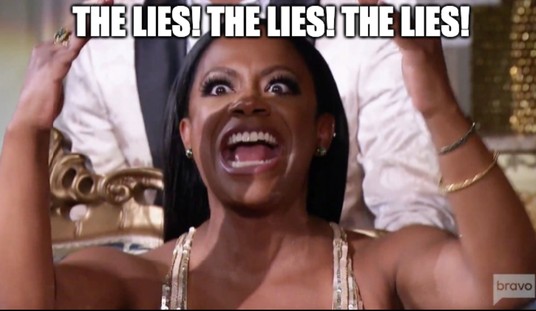
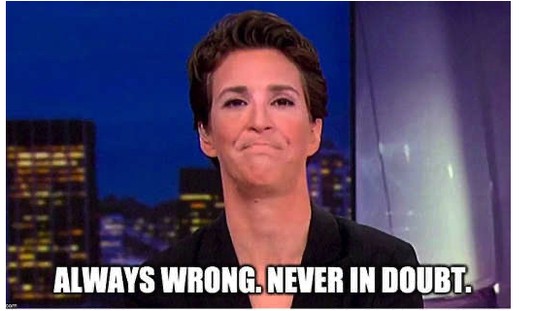
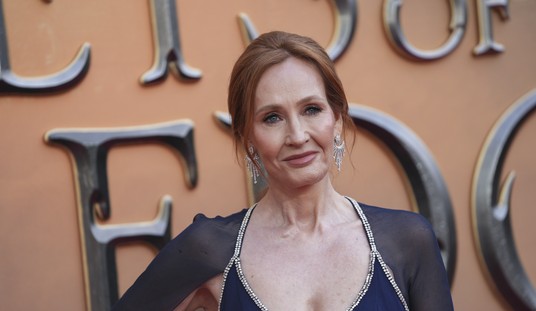


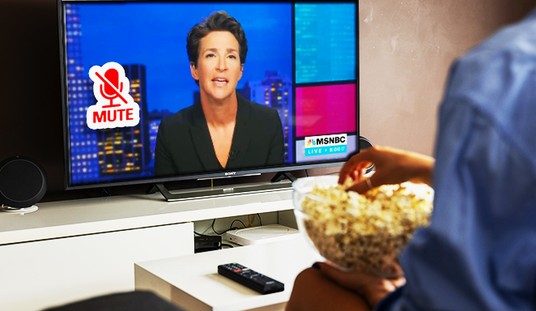
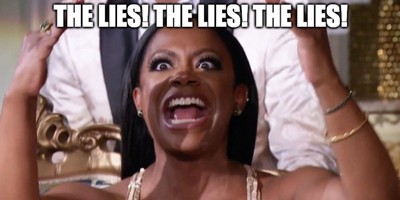
Join the conversation as a VIP Member